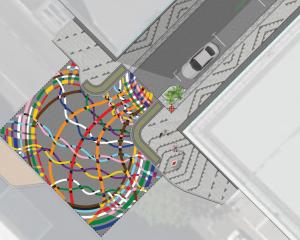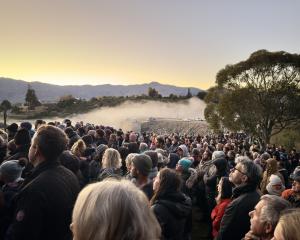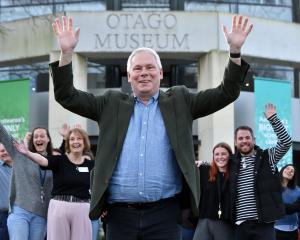
A 62-year-old woman, named only as Mrs A in the commissioner's decision, saw an oral surgeon in March 2011 about pain and swelling around the area of a previous tooth implant.
In April 2011, a biopsy of the area was taken.
The biopsy was sent to MedLab Dental, part of the University of Otago's Dental School, where it was mixed up with another tissue sample.
The tissue sample labelled as Mrs A's showed squamous cell carcinoma, a form of cancer, and she was then referred to a district health board for treatment.
She underwent extensive surgery.
After the surgery, a hospital pathologist took a sample from the tissue that was removed and found no cancer.
It then became clear the original biopsy was labelled incorrectly.
A DNA test confirmed Mrs A's sample and another patient's sample had been transposed and wrongly labelled at MedLab Dental.
The other patient had a second biopsy sent to MedLab Dental two weeks after the mix-up occurred which showed squamous cell carcinoma.
The Health and Disability Commissioner found MedLab Dental breached the Code of Health and Disability Services Consumers' Rights when the tissue samples were wrongly labelled.
The commissioner concluded the mix-up was caused by human error, and ordered MedLab to review its tissue samples and identify any other labelling mix-ups and change its system for receiving biopsies and labelling them.
Medlab Dental Oral Pathology Diagnostic Service head Prof Alison Rich, responding to the Otago Daily Times in an email, said the lab had since introduced computer-generated barcoding of slides, and a verbal double-check of the patient name and specimen number against details on the request form and specimen pot.
At the time of the mistake, the lab was complying with standard laboratory procedures, and had been accredited by International Accreditation New Zealand, she said.
She said neither of the staff members concerned remembered anything out of the ordinary.
''Our own thorough investigations have not been able to establish how the error occurred.''
It was extremely unlikely a similar error could recur, she said.
''The policies and procedures in place are robust and staff are vigilant to reduce the risk of this or related errors.
''The staff deeply regret this error, but it is important to recognise the excellent service the laboratory has provided over many years,'' Prof Rich said.
- Sophie Ryan, APNZ
Additional reporting Eileen Good











